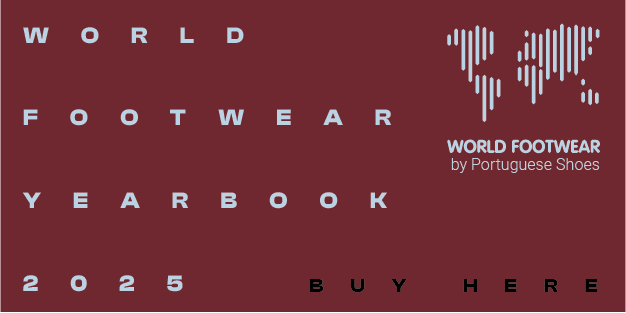UK: online brands anticipate direct-to-consumer sales surge

According to a new survey, UK brands selling online are expecting a five-year surge in direct-to-consumer sales driven by the COVID-19 pandemic, which has caused them to invest in their own sales channels
Of the 304 Chief Marketing Officers (CMO), working at UK brands selling online, surveyed by the Multichannel commerce platform ChannelAdvisor and research firm CensusWide, 97% have said that direct-to-consumer channels (D2C) have become a higher priority for their brand since the start of the pandemic. More than a third (34%) have highlighted they have become a significantly high priority.
“The last 18 months have sparked a D2C revolution and brands selling online now find themselves wielding more power than ever before. Higher than average D2C revenues were to be expected while retail shops were closed, but this research shows that brands believe their own channels will continue to drive significant revenues in the long term. In addition to the revenue opportunities, CMOs are excited to harness valuable data from their own channels that can be used to better understand and serve a new wave of savvy, post-pandemic online shoppers”, commented Mike Shapaker, Chief Marketing Officer at ChannelAdvisor.
Nearly half (47%) of the CMOs said that are currently selling more products through their channels, such as the website or the online marketplace, as compared to before the COVID-19 crisis. Roughly the other half (48%) sells more through retailers. The remaining CMOs have declared to be selling more and less the same proportion of products by channel as previously.
Regarding revenue expectations, 46% of the CMOs have reported expecting D2C channels to deliver between 21-30% of revenue, 17% anticipate that D2C sales will generate among 31-40% of revenue, and 16% expect D2C to be responsible for 41-50% of their brand’s sales.
CMOs are also considering other benefits: 47% said that in the next 12 months, these channels would give them more control in how their brand is usually portrayed online, while 42% said a significant advantage would be the added control over their products descriptions online. 90% of the brand’s CMOs believe that their brand is now in a stronger position to negotiate with the retail partner than before, and 27% are convinced that are in a significantly stronger position. None of those surveyed said to be now in a weaker position.
“The last 18 months have sparked a D2C revolution and brands selling online now find themselves wielding more power than ever before. Higher than average D2C revenues were to be expected while retail shops were closed, but this research shows that brands believe their own channels will continue to drive significant revenues in the long term. In addition to the revenue opportunities, CMOs are excited to harness valuable data from their own channels that can be used to better understand and serve a new wave of savvy, post-pandemic online shoppers”, commented Mike Shapaker, Chief Marketing Officer at ChannelAdvisor.
Nearly half (47%) of the CMOs said that are currently selling more products through their channels, such as the website or the online marketplace, as compared to before the COVID-19 crisis. Roughly the other half (48%) sells more through retailers. The remaining CMOs have declared to be selling more and less the same proportion of products by channel as previously.
Regarding revenue expectations, 46% of the CMOs have reported expecting D2C channels to deliver between 21-30% of revenue, 17% anticipate that D2C sales will generate among 31-40% of revenue, and 16% expect D2C to be responsible for 41-50% of their brand’s sales.
CMOs are also considering other benefits: 47% said that in the next 12 months, these channels would give them more control in how their brand is usually portrayed online, while 42% said a significant advantage would be the added control over their products descriptions online. 90% of the brand’s CMOs believe that their brand is now in a stronger position to negotiate with the retail partner than before, and 27% are convinced that are in a significantly stronger position. None of those surveyed said to be now in a weaker position.
Image credits: Parker Byrd on Unsplash


















